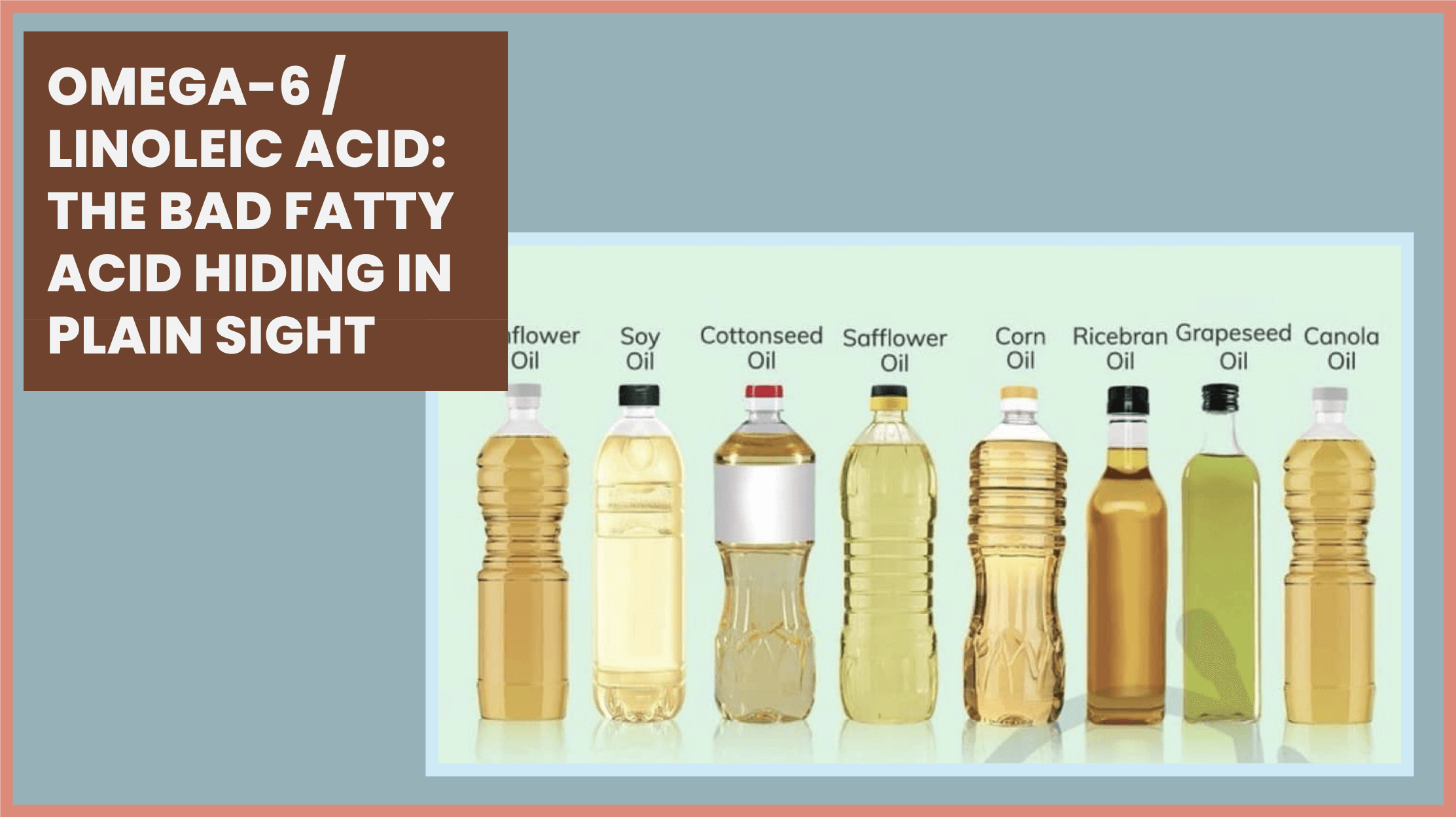
If you want vibrant health, strong energy, and a sharp mind, there’s one modern food you must kick to the curb: seed oils loaded with omega-6 fats — especially linoleic acid.
Dr. Paul Saladino, Dr. Ken Berry, and many others have sounded the alarm on these oils for good reason. They disrupt your mitochondria (your body’s “energy factories”), drive chronic inflammation, and may even be worse for your long-term health than sugar.
 When your diet is heavy in omega-6 fats, your body slides into a kind of “hibernation mode” — sluggish, inflamed, and primed for disease — instead of a vibrant, action-ready state.
When your diet is heavy in omega-6 fats, your body slides into a kind of “hibernation mode” — sluggish, inflamed, and primed for disease — instead of a vibrant, action-ready state.Why Too Much Omega-6 is a Problem
- Naturally inflammatory: Omega-6 fats in small amounts help the body respond to injury. But in excess, they ignite damaging inflammation.
- Totally unbalanced: Our ancestors ate omega-6 and omega-3 in a healthy 1:1 ratio. Today’s ratio is often 10:1 to 25:1 — tilted dangerously toward omega-6.
- Starving the brain: At the same time, we’ve cut way back on omega-3s — the fats that support brain, heart, and hormone health.
- Nutrient shift in meat: Even red meat loses its natural omega-3 power if the animal is grain-fed (corn and soy are loaded with omega-6). That’s why grass-fed beef and wild-caught fish matter so much.
Where Omega-6 Oils Lurk
To escape what I call the “Hibernation Diet,” start phasing out these omega-6 traps:
- Vegetable & seed oils: soybean, corn, sunflower, safflower, canola, peanut, rice bran, grapeseed, and cottonseed.
- Nuts and seeds: yes, even “healthy” ones like walnuts, pecans, flax, and sesame.
- Packaged foods: dressings, sauces, condiments, crackers, chips, and processed snacks — nearly all made with seed oils.
Doctors now call these oils “liquid death.” They’re not real food — they’re industrial by-products never meant for the human body.
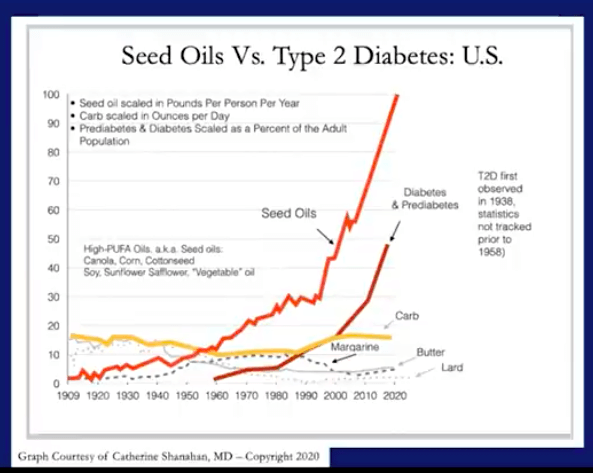
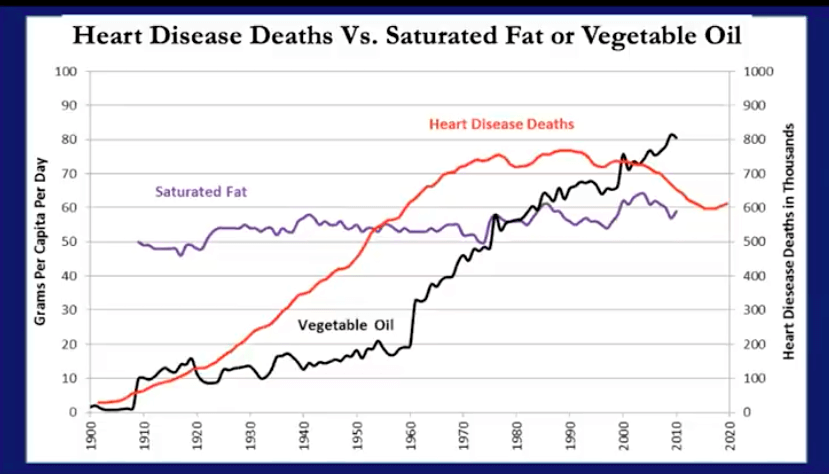
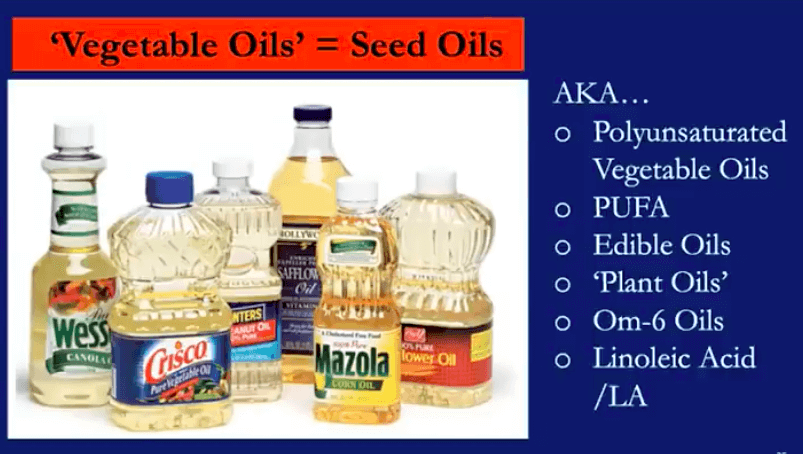
Here’s what the research shows:
- Not ancestral: Your ancestors would need to eat nearly 3,000 sunflower seeds to equal just 5 tablespoons of today’s sunflower oil.
- Skyrocketing intake: Soybean oil consumption increased 1,000x from 1909 to 1999 (American Journal of Clinical Nutrition).
- They stick around: Omega-6 oils can stay in your body fat for years, damaging cells long after you eat them (Advances in Nutrition).
- Unstable & toxic: Heated seed oils break down into byproducts that trigger mitochondrial dysfunction and disease.
- Linked to chronic illness: Human studies connect high omega-6 intake to cancer, heart disease, autoimmune conditions, and dementia.
- Toxic additives: Many contain BHA, BHT, and TBHQ — preservatives shown to be carcinogenic.
- Appetite hijackers: Omega-6 oils boost compounds that hijack satiety receptors, making you crave more food (like cannabis does).
- Skin damage: Oxidized linoleic acid weakens cell membranes, making you more vulnerable to sunburn and skin aging.
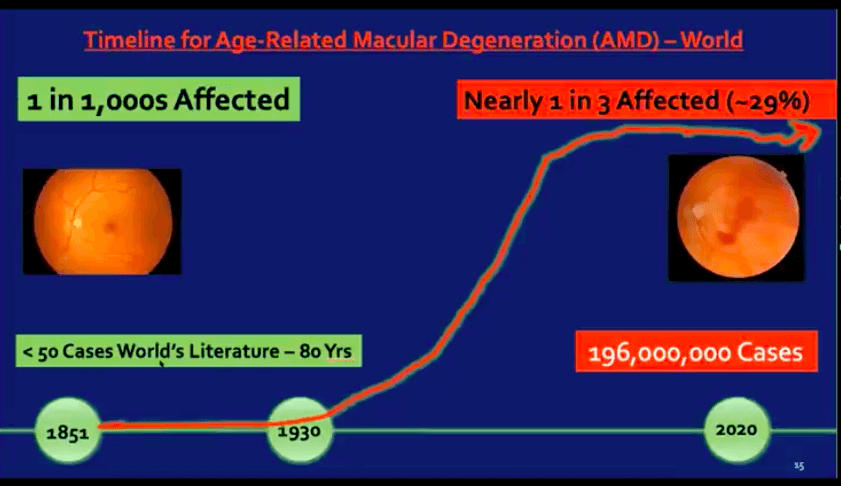
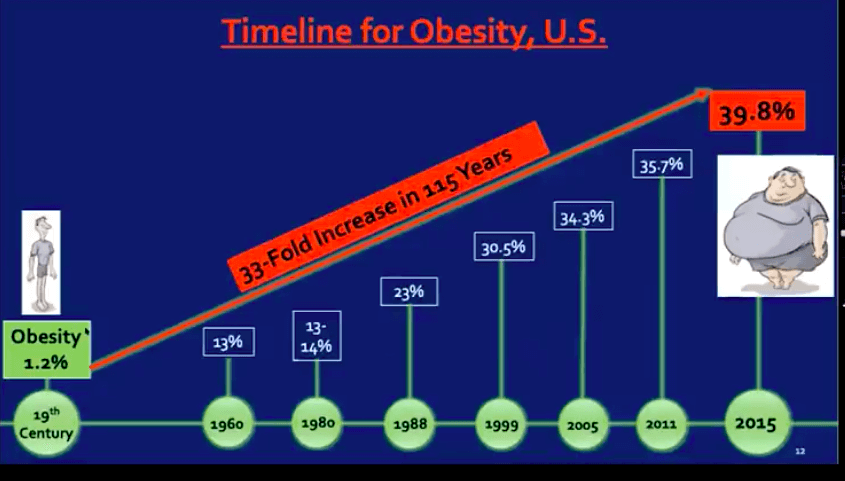
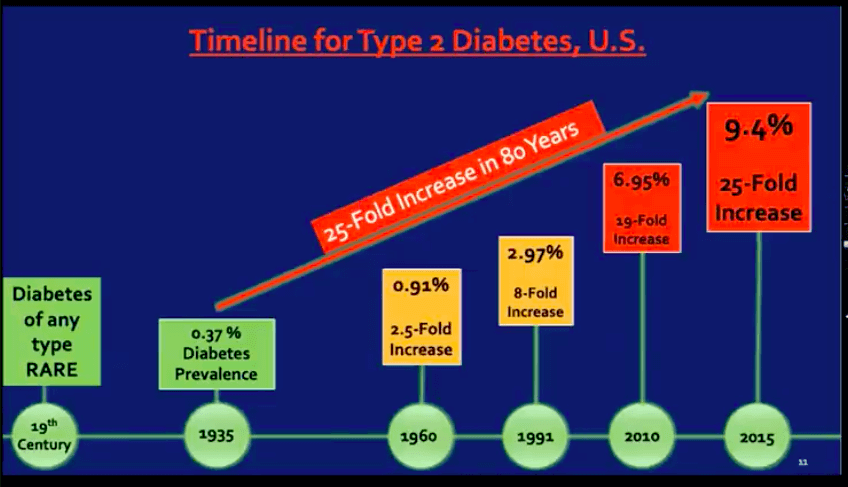
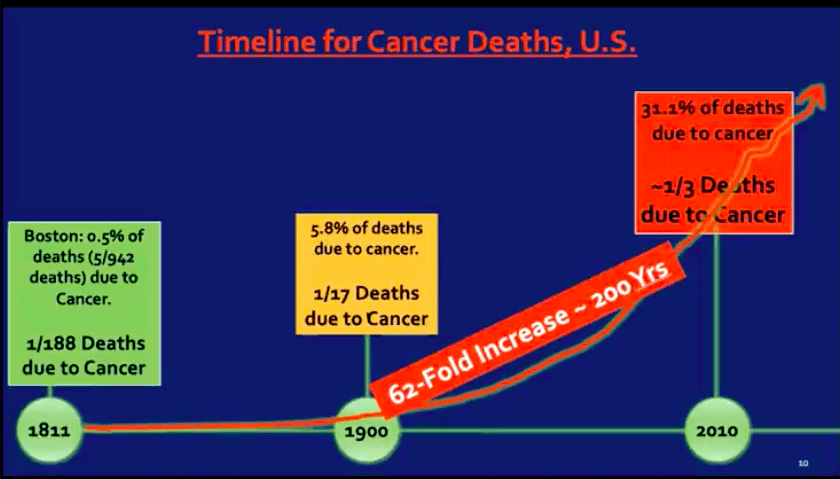
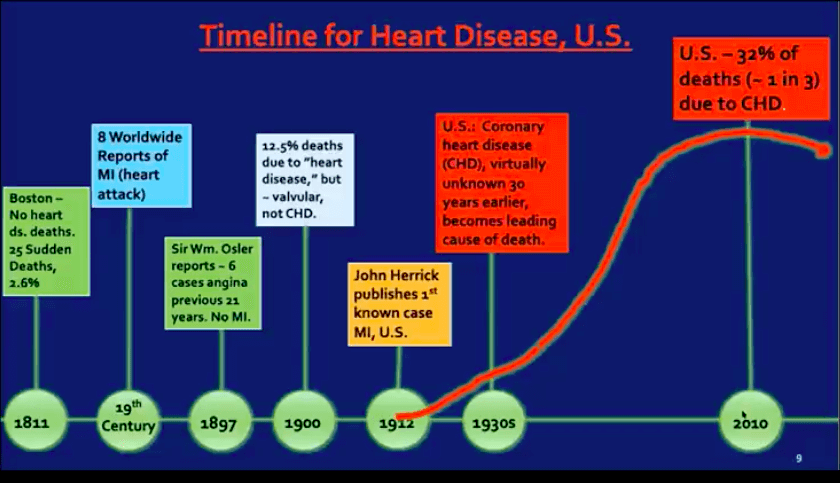
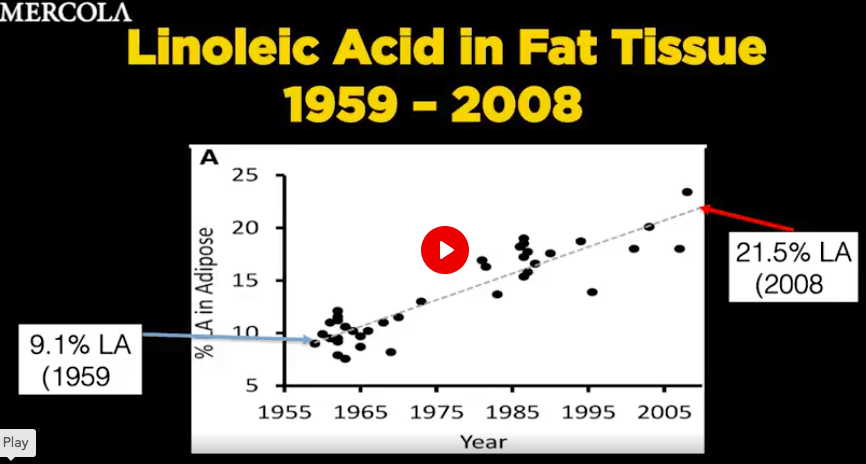
What to Do Instead
The solution isn’t complicated:
- Ditch seed oils in your kitchen and when dining out.
- Cook with real fats: beef tallow, butter, ghee, lard, duck fat, and coconut oil.
- Choose grass-fed and wild: Grass-fed beef, lamb, venison, and wild-caught fish restore your omega-3 balance.
- Keep it simple: If it’s man-made and in a plastic bottle, skip it. If it’s natural, traditional, and nourishing, enjoy it.
You can see from this chart that plant oil is very high in linoleic adic, while animal fat is very low in linoleic acid. It's impossible to keep a small intake of linoleic acids when eating plant oils.
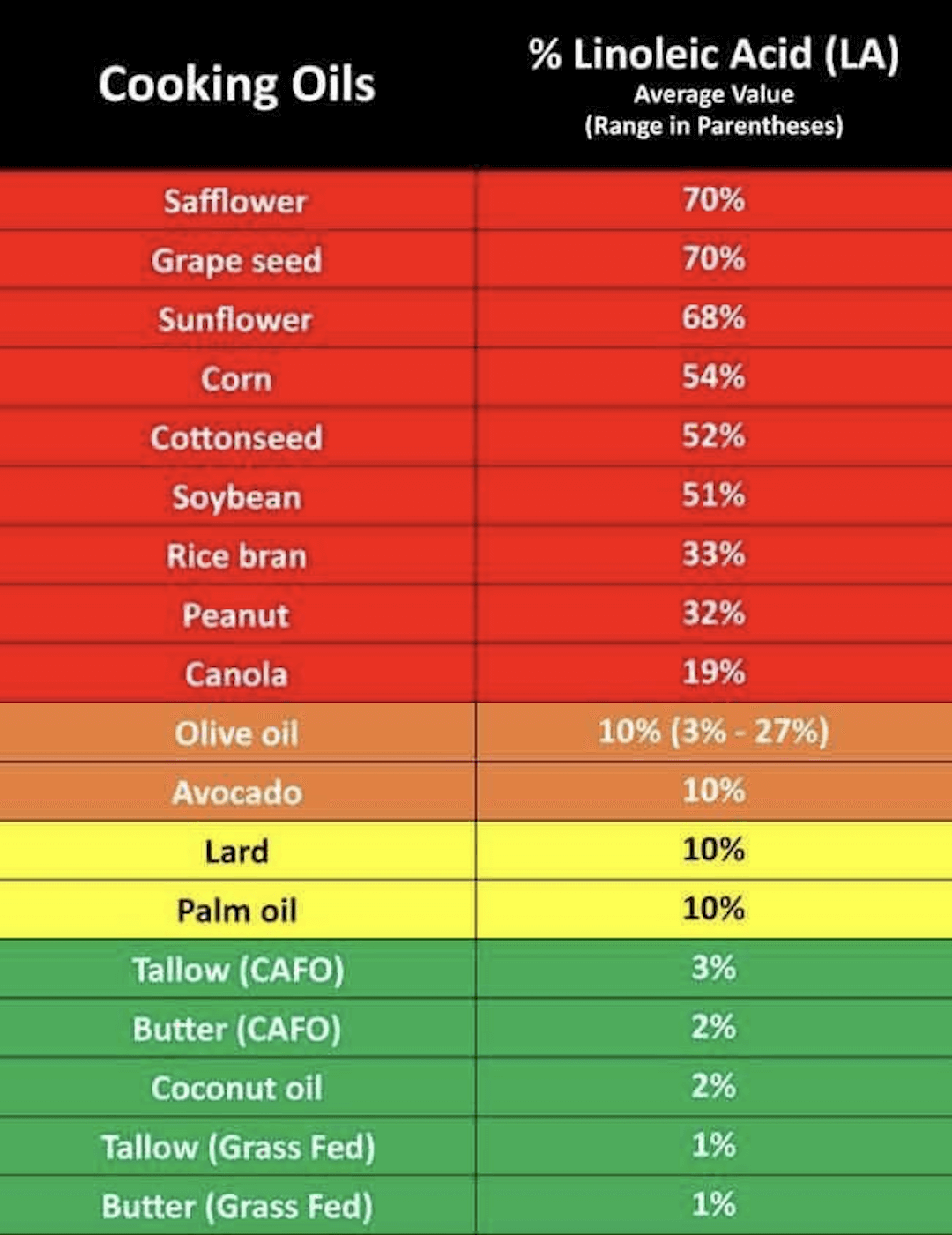
Final Thought
You don’t have to stay in “hibernation mode.” When you ditch omega-6 oils and return to nourishing animal fats, you’ll notice real changes — steadier energy, healthier skin, a sharper mind, and even less sunburn.
This is one of the core pillars of my V Diet (aka: the Vim and Vigor Diet): eating in alignment with nature’s wisdom so your body thrives, not just survives. (In the review process now.)


AFFILIATE DISCLAIMER: I’m a proud affiliate for some of these tools and products that are suggested on this page and throughout my site. If you click on a product and make a purchase, I may earn a small commission at no extra cost to you. My recommendations are based on knowledge and experience and I recommend them because they are genuinely useful, not because of the small commission I may receive |




















0 Comments